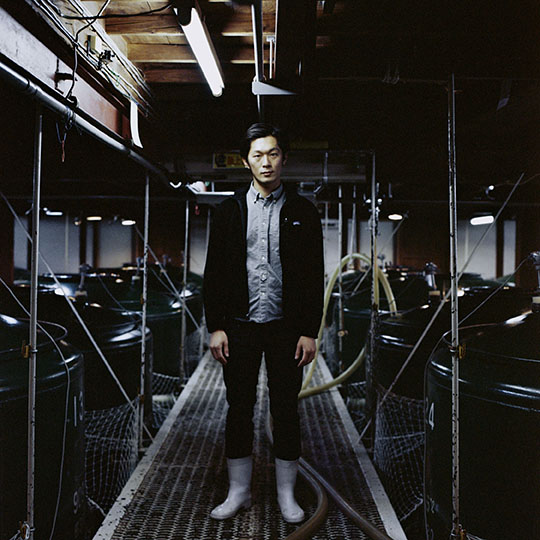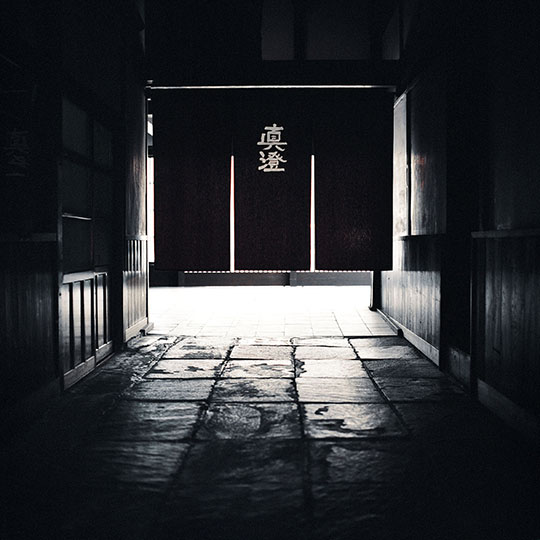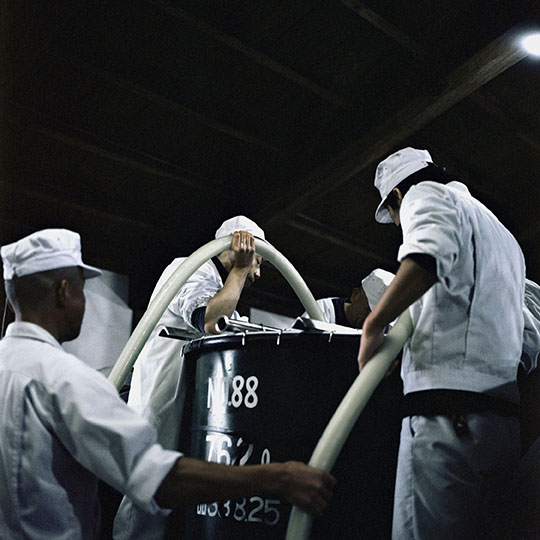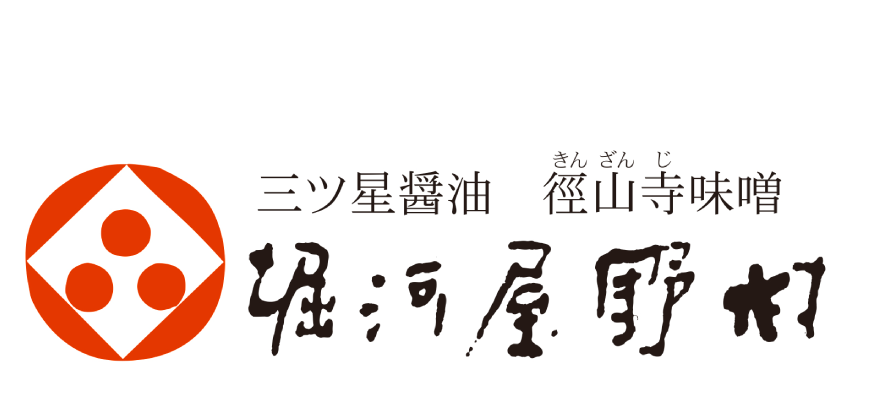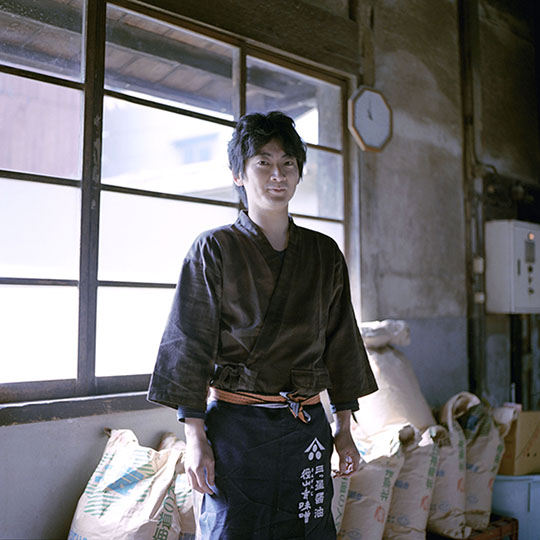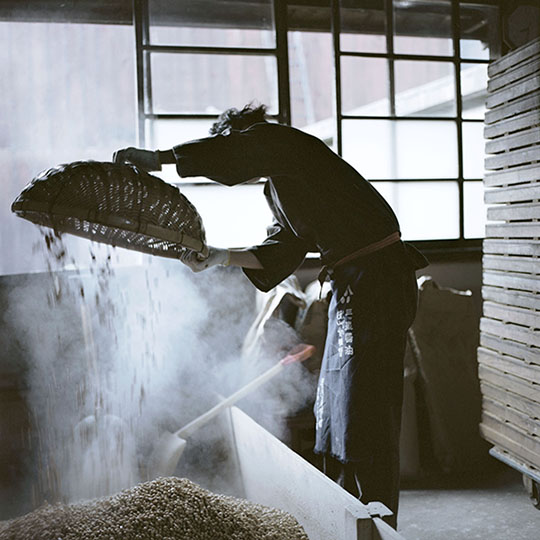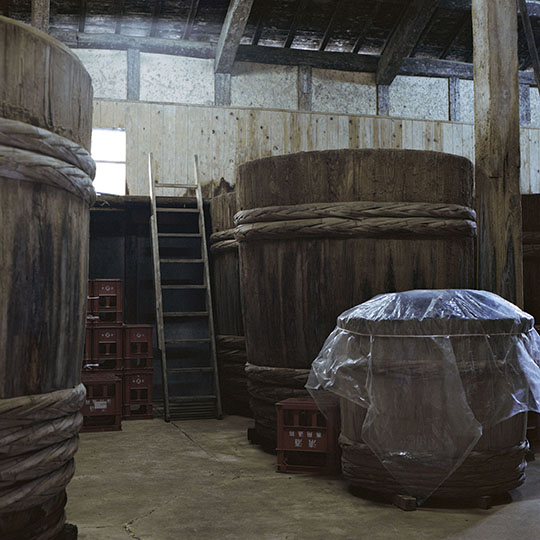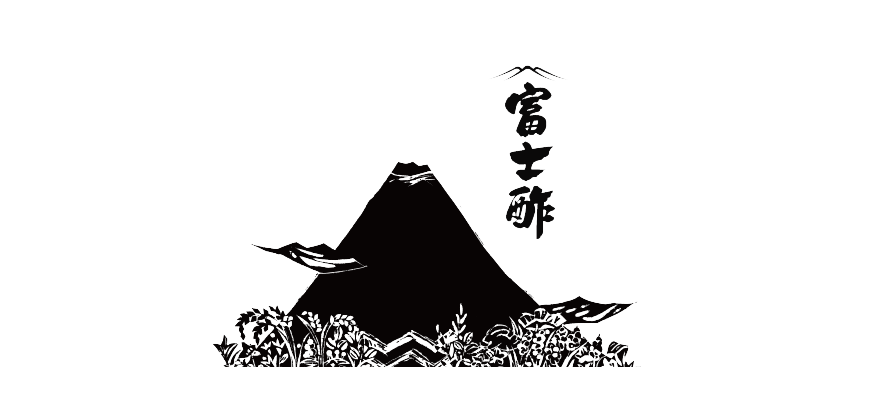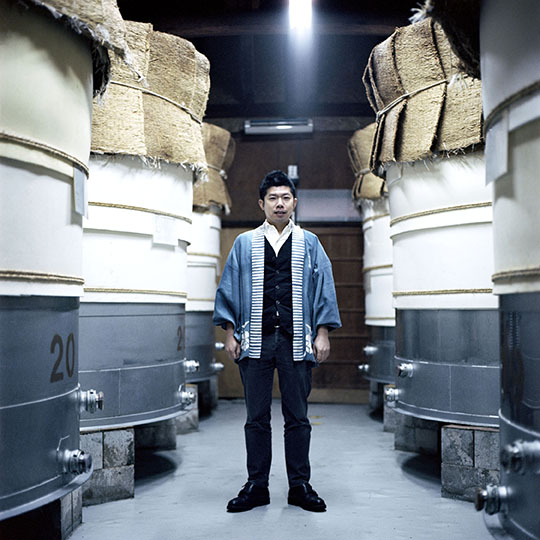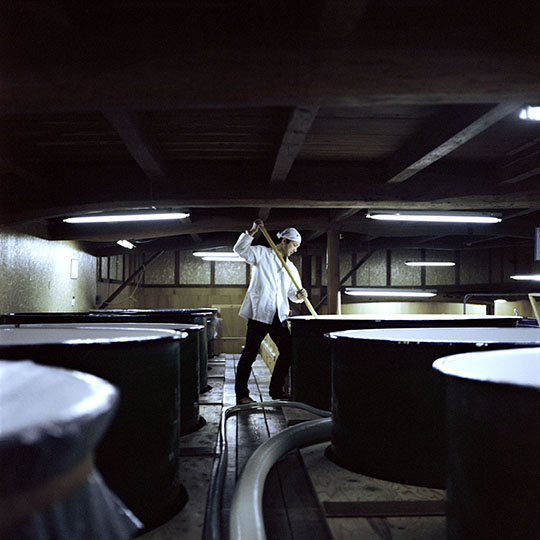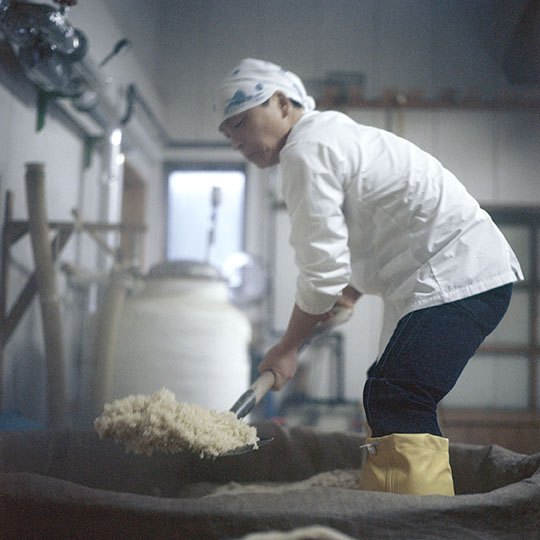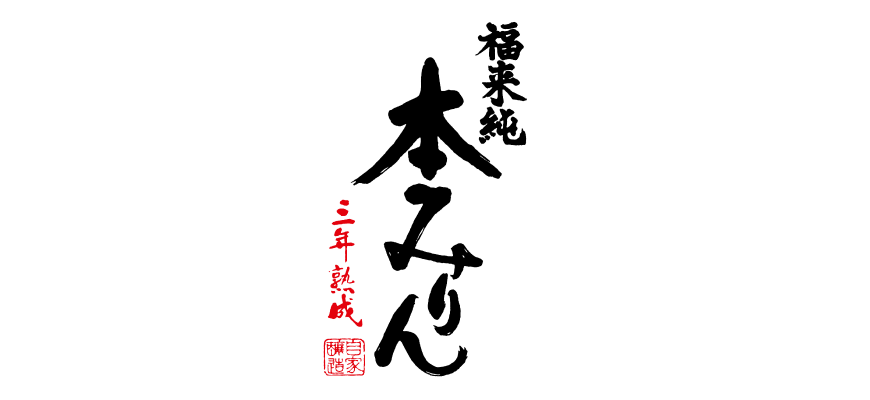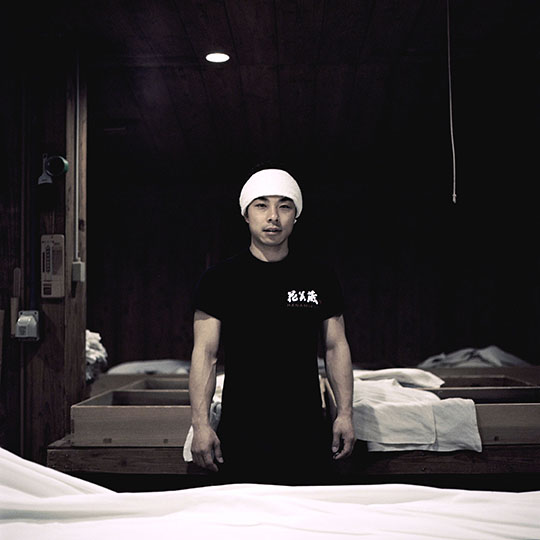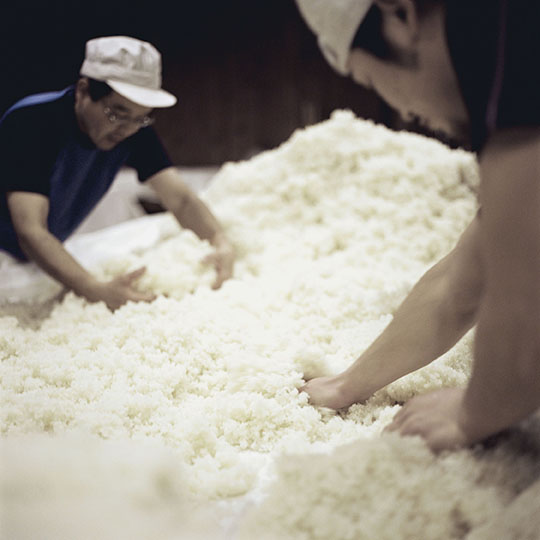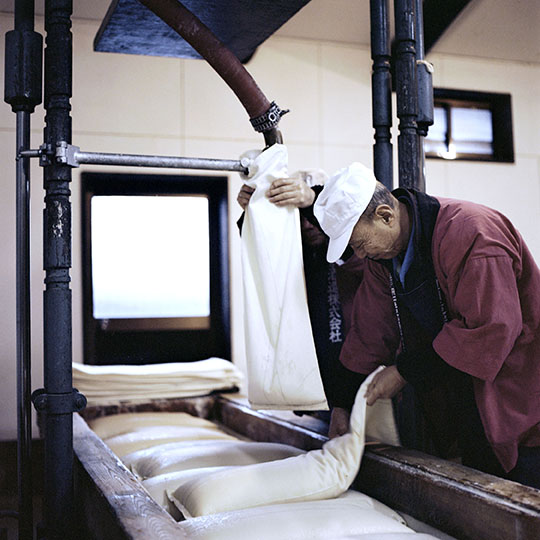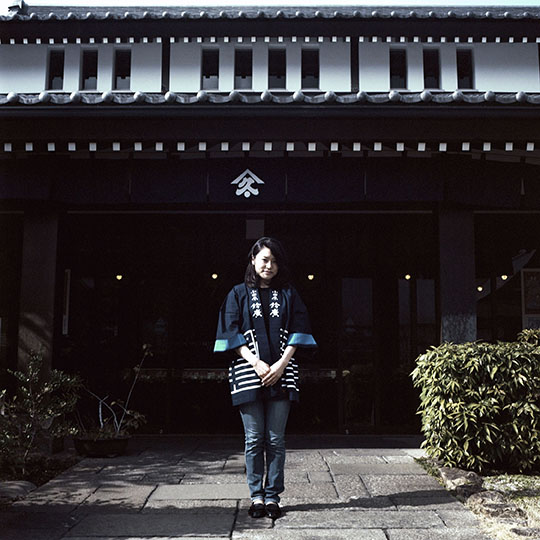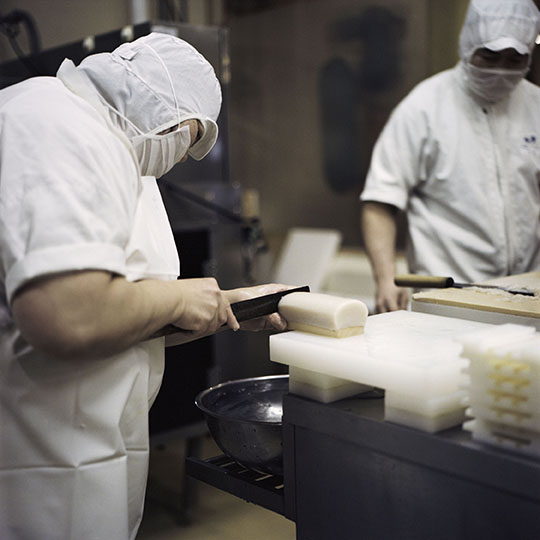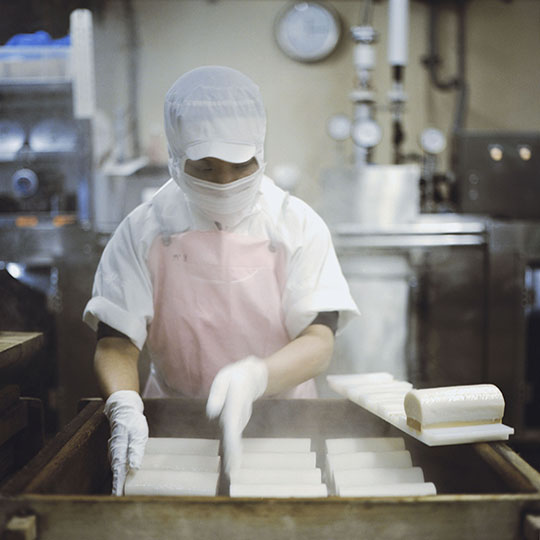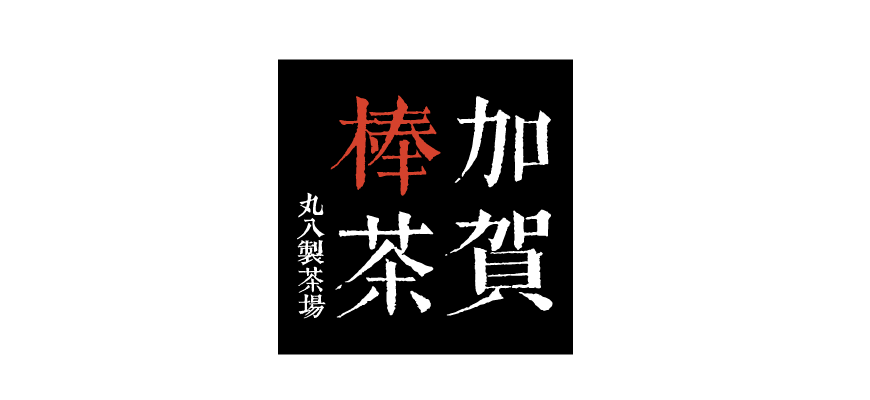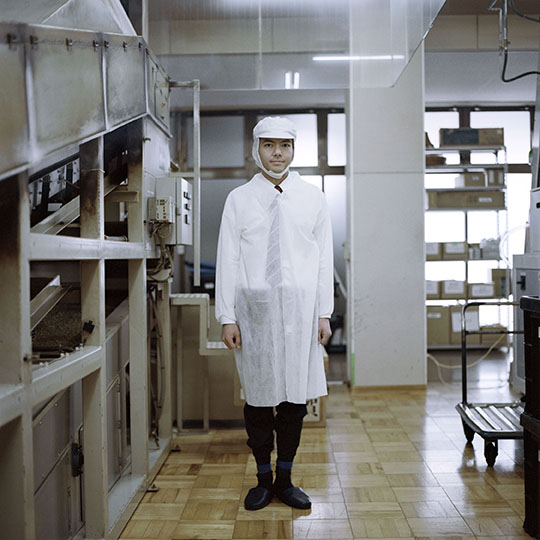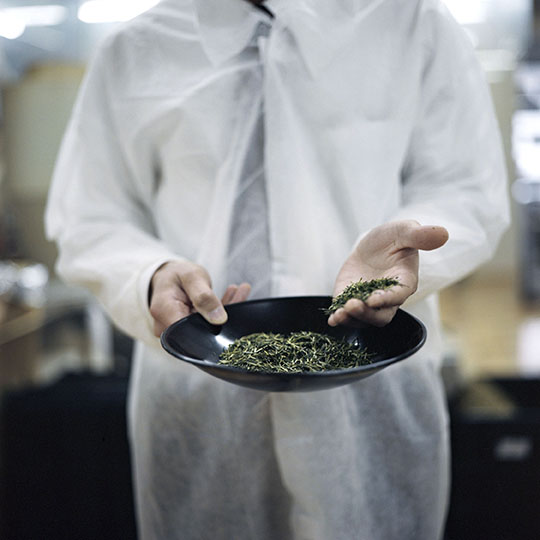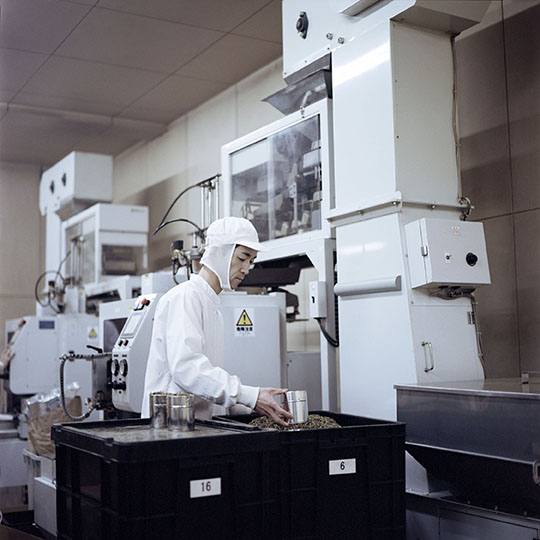There is a taste
We want to carry on
for the next 100 years;
the handmade taste of Japan.
Sake, soy sauce, vinegar, mirin, kamaboko, and tea.“HANDRED” is a group formed by six craftsmen of these traditional Japanese foods.
The name “HANDRED” is derived from the fact that these foods are:
Made by the HANDS of skilled craftsmen To preserve Japanese taste and tradition that is vanishing (RED)
With the intent to pass them down to future generations of the next HUNDRED years.
Delicate handmade taste which cannot be achieved through mass production and handed down for generations since as early as Edo period; High skills, depth and potential that permeates Japanese food culture; These are the things we strive to increase awareness of and spread to the world and to the future through various activities.
- Katsuhiko Miyasaka
(Miyasaka Brewing Company) - Keisuke Nomura
(Horikawaya Nomura) - Akihiro Iio
(Iio Jozo) - Yuki Kato
(Hakusen Shuzo) - Yumiko Suzuki
(Suzuhiro Kamaboko) - Masachika Maruya
(Maruhachi Seichajo)



